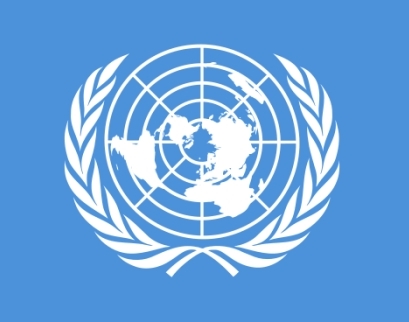Since 2012, the UN has been working with various international partners to “safeguard sustainable development beyond 2015”. An initial vote held on 2 August focused on a sustainable development programme comprising 17 objectives[1]. This programme was adopted by the General Assembly last Tuesday. Although “the new objectives cannot be separated from previous agreements, which do not recognise abortion as an international right”, the question continues to fuel debates.
Since the programme was adopted by the General Assembly, several countries have, in fact, complained that the new objectives “do not shed any new light on the subject of abortion”.“We believe we could have gone even further (…) than that, but we are waiting on a consensus”, explained the United States in terms of sexual health and procreation rights. Brazil would also have “preferred a more progressive and ambitious human rights’ programme”.
Conversely, 54 countries in the African group, which is “the biggest regional block in UN negotiations”, have long since warned against “using targets to promote abortion”. For these countries, “sexual health and rights in terms of procreation cannot be taken into account implicitly to create or consider a right to abortion”. Ecuador approved these announcements.
In the last adopted version, the Holy See wishes that “the whole programme could be viewed as protecting the individual’s right to live, from conception through to natural death”.
The final document will be officially adopted at the end of September in New York when the heads of 193 Member States meet come together for the 70th meeting of the United Nations General Assembly. Other “earlier reservations” could be highlighted in writing between now and then.
[1]Based on an initial report entitled, “Realising the future we want for all”,eleven themed consultations guide reflection on a variety of topics comprising health, inequality and governance, in particular.
C-Fam (05/09/2015)

